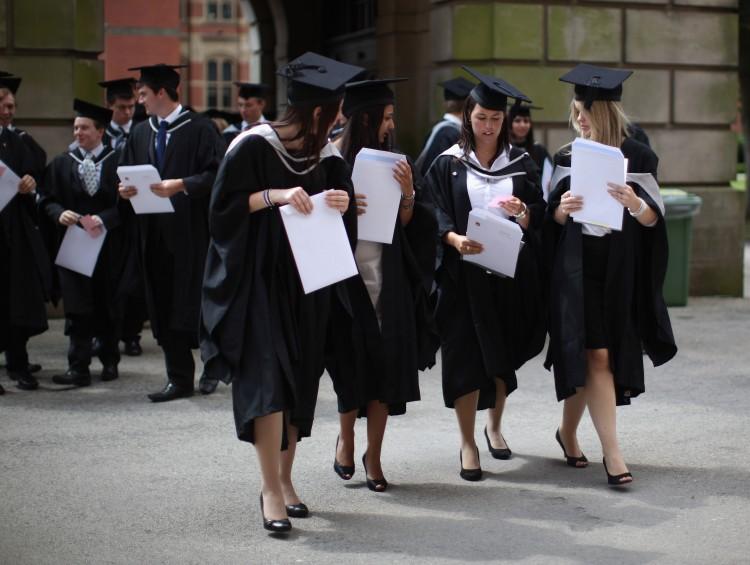The United States has continued to educate more world leaders than the UK, according to a think tank that tracks where each country’s leaders studied.
But Britain—in second place—still ranks much higher than all other countries in the list.

The United States has continued to educate more world leaders than the UK, according to a think tank that tracks where each country’s leaders studied.
But Britain—in second place—still ranks much higher than all other countries in the list.